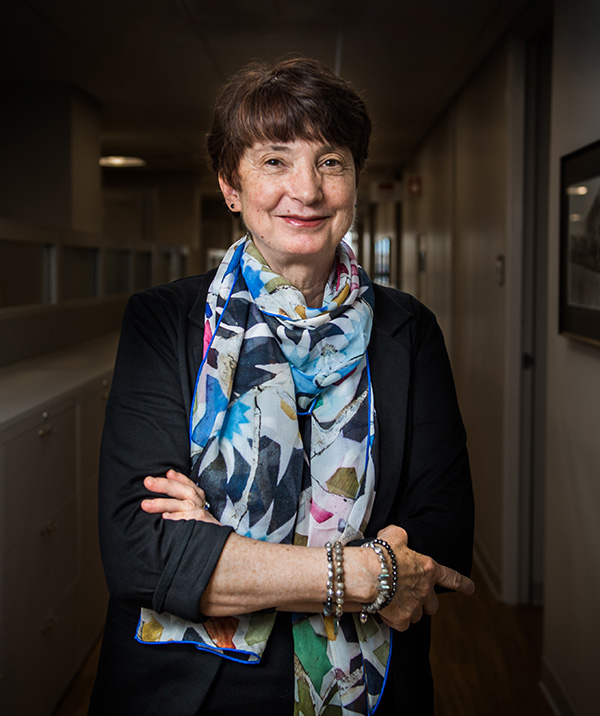If you're a person who gets breast exams, listen up. According to new guidance from medical experts, routine mammograms should now begin at 40 years old-10 years earlier than previously recommended.
The proposal comes from the US Preventive Services Task Force, which released the new screening guidelines based on consistently high rates of breast cancer among women under 50 years old. Black women in particular are more likely to have breast cancer at earlier ages and with a worse prognosis than white women.

For decades, researchers have been trying to figure out why. Among them is Boston University cancer epidemiologist Julie Palmer. She studies aggressive types of breast cancer that disproportionately impact young Black women and supports the recommendation for starting mammograms at a younger age.
"It's better to err on the side of starting mammographic screening early in order to detect cancer in young women," says Palmer, the BU Chobanian & Avedisian School of Medicine Karin Grunebaum Cancer Research Professor. "Those cancers are more likely to be aggressive."
She helped start BU's Black Women's Health Study (BWHS) in 1995. The biggest and longest-running epidemiologic study of Black women ever conducted, it has helped arm healthcare professionals and researchers with knowledge specifically related to a community that's historically overlooked in research and medical studies. In a 2021 paper, the team found that out of 50,543 women from 1997 to 2017, 2,311 of them experienced breast cancer. Based on other findings from BWHS, Palmer and a team of researchers developed a risk prediction model for clinicians to identify women at higher than average risk of breast cancer. This can inform recommendations made by primary care providers to refer patients for genetic testing, or to start regular mammograms early or more frequently.
In light of the new breast cancer screening recommendations, The Brink spoke with Palmer about the increasing risk of breast cancer in young women, the significance of the change in clinical guidelines, and why regular screenings are an important part of routine healthcare.
This interview was edited and condensed for clarity.






